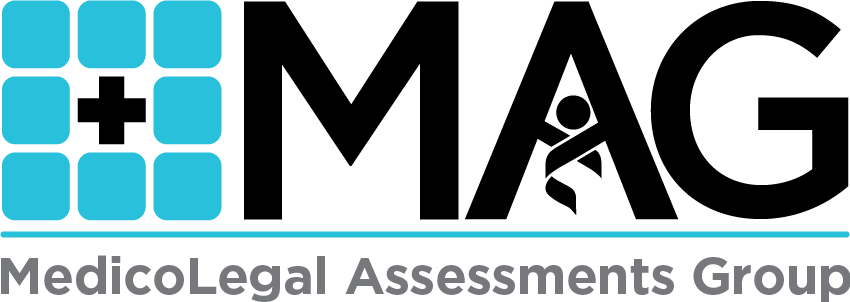MAG provides end-to-end coordination, from document collation and scheduling to streamlined workflow management, allowing specialists to focus entirely on their clinical and analytical expertise. This ensures assessments are conducted efficiently, with integrity and transparency at every stage.
For clients – insurers, legal professionals, and government agencies – this means consistent quality, reduced delays, and confidence in every report. For specialists, it means a professional environment that supports accuracy without administrative burden.
Looking Ahead
As the demand for independent neurosurgical assessments grows, so too does the need for consistency, transparency, and trust. The future of medicolegal neurosurgery will rely on integrating digital intelligence with clinical expertise, while maintaining the rigorous standards that underpin the Australian medicolegal system.
Through its partnerships with leading neurosurgeons nationwide, MAG continues to set the benchmark for professionalism and precision – helping ensure that every assessment is not only clinically sound but also legally robust.
From surgery to evidence, neurosurgeons stand at the frontier where medicine meets law – and through collaboration with MAG, that frontier continues to advance.

